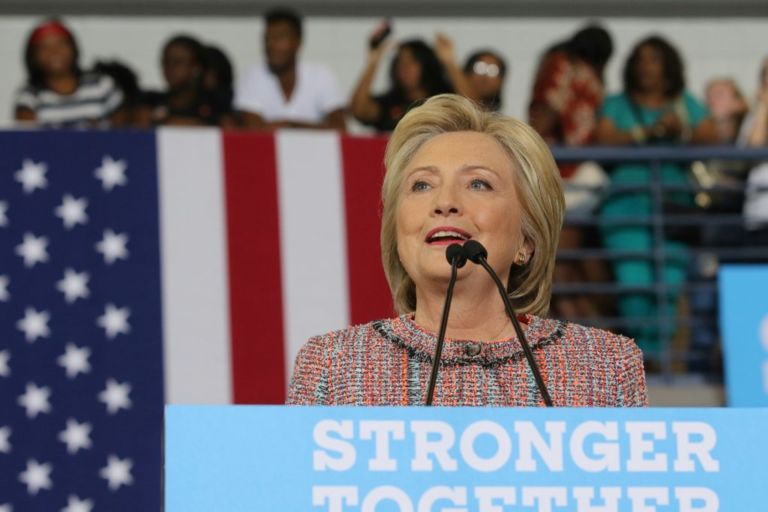“Nervous Republicans, eyeing national opinion polls and an energized Democratic base, are seeking to hold on to their narrow majority and the historic gains they’ve made since the early 1990s,” said John Hood in the Washington Times (belt side, not Pamlico side) (originally found at National Review Online). Using state data and trends, John projected outward the effects local races (and the inherent motivations behind them) could have on national races. No matter which party assumes control, a financial fault-line will inevitably fracture the regime, separating the tax-paying class from the tax-consuming class via special interest (hat tip, Public Choice Theory). This idea, specifically targeted towards unions, appears in Steven Malanga’s book, The New New Left, reviewed by George Leef in the Freeman. In a recent Spotlight, Joe Coletti evaluated Governor Easley’s funding priorities. The Asheville Tribune ran it. Neither applied or inferred Public Choice Theory.
Most popular
Sign up for our weekly newsletter to stay up to date on the latest happenings in North Carolina.


